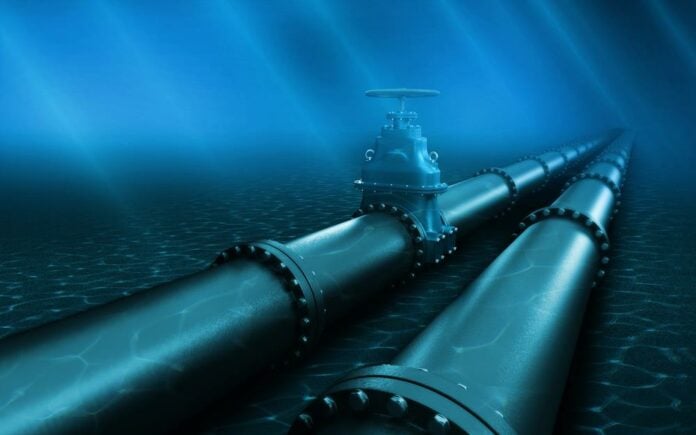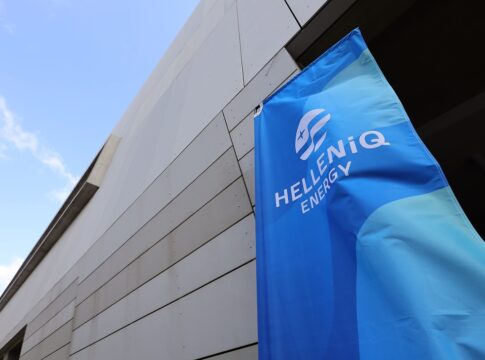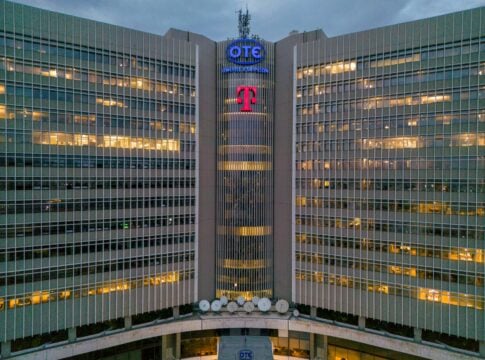An important step for the financing of the Greece-Bulgaria “green” hydrogen transport pipeline (consisting of two independent but interconnected projects developed by DESFA on the Greek side and Bulgartransgaz on the Bulgarian side) is the positive technical evaluation of the main part of the Greek project, which makes it eligible for participation in the preliminary list of Projects of Common (European) Interest (PCI) in the “Hydrogen” category.
The preliminary evaluation of the relevant projects in the categories of cross-border electrical interconnections and electrical energy storage projects was preceded.
According to sources, the project, with a budget of 1 billion euros, is expected to be concluded in 2029, and concerns the creation of a new 540 km long hydrogen transport pipeline, aiming to transport pure hydrogen mainly from the southern part of Greece to the point of interconnection with Bulgaria. The main part will start from Patima, Elefsina, and will reach Nea Mesimvria, then extending to the border with Bulgaria.
The Greek section of the pipeline will connect hydrogen supply points with the industrial areas of Athens, Corinth and the area of Thessaloniki (where potential consumers are expected to be located) but also with neighboring countries, such as Bulgaria (since it will be connected to the corresponding clean pipeline hydrogen project promoted by Bulgartransgaz) and North Macedonia. In particular, as far as North Macedonia is concerned, the new pipeline will facilitate future hydrogen exports through the new natural gas pipeline and will be up to 100% compatible for hydrogen transport.
The proposed new clean hydrogen pipeline will form the first part of the future pan-European hydrogen network (European Hydrogen Backbone) and specifically the South-Eastern Hydrogen Transmission Corridor, taking advantage of Greece’s strategic position and potential for low-cost green hydrogen production for the export of clean energy to Central Europe, where high demand is expected.
Also, the CO2 storage in Prinos seems to be included in the preliminary list of PCI projects promoting carbon capture and storage (CCS). The project is implemented by Energean with the support of DESFA.
The Prinos project – an investment that can reach 1 billion euros in full development – concerns in the first phase the storage of 0.5-1 million tons of CO2 per year, while in the second phase – towards the end of the decade – the storage capacity could increase to 2.5-3 million CO2 per year.
The part of the project that concerns DESFA, has a budget of 470 million euros and is codenamed Apollo CO2 – it concerns the interconnection with a pipeline system of all the industries that are concentrated in the region of Attica, so that the CO2 emissions are transferred to a Liquefaction Unit and from there to be transported by ships to Prinos. As market sources estimate, the two projects have great synergies and can create an integrated value chain for CCS in Greece.
The storage of carbon dioxide in Prinos will allow the reduction of emissions in industries with significant production of gaseous pollutants (e.g. cement industry, metallurgy, power generation, refineries). In view of the further increase in the cost of purchasing carbon dioxide emission rights, which is expected in the coming years, industries will drastically reduce their operating costs.














